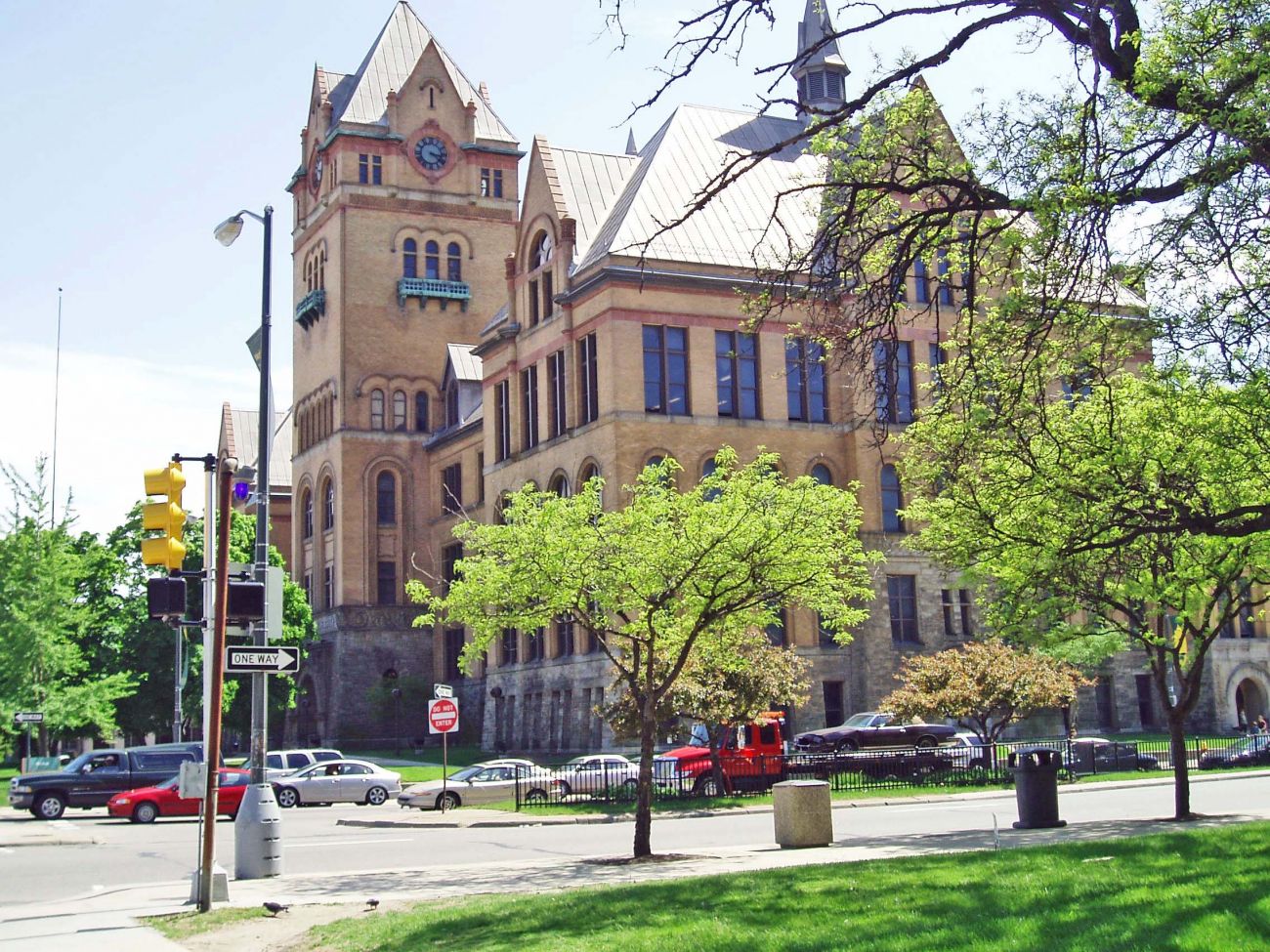MSU, U-M, Wayne State presidents: Don’t expect in-person classes until fall 2021

College classes likely will remain virtually all online for another year at the University of Michigan, Michigan State University and Wayne State University, the presidents of the three colleges said Thursday.
While those predictions are not set in stone, MSU President Samuel Stanley, Wayne President Roy Wilson and U-M president Mark Schlissel told a gathering of Lansing business leaders that campuses returning to anything resembling normalcy is unlikely for any of the 2020-21 school year, which began this month.
The comments were the first known public statements suggesting the three large public research institutions could be virtually closed to traditional classrooms for the entire school year because of concerns about spread of coronavirus. All three university presidents have medical degrees, and Stanley and Schlissel are experts in infectious disease.
- MSU called out on COVID cases, and warned football game may be at risk
- COVID triples in Michigan K-12 schools, rises 60% at colleges in a week
- The latest: Michigan coronavirus unemployment, map, curve, updated COVID-19 news
- Dashboard: Michigan coronavirus testing numbers, trends, COVID-19 data
The vast majority of classes are online at the three institutions in an attempt to lessen person-to-person contact that could spread the potentially deadly virus.
The universities have not officially announced how classes will be held in the winter semester that begins in January.
In an online panel discussion hosted by the Lansing Economic Club, the university presidents were asked when they anticipate students can return to classrooms.
“The truth of the matter is, this [coronavirus] is going to be with us for a while,” Wayne’s Wilson said. “I anticipate the winter semester will be the same as it is now. I’m hoping not, but … my guess is next fall semester [in September 2021] is going to be much more like normal than the winter semester,” which begins in January.
MSU’s Stanley, who was a medical school classmate of Wilson, agreed. “My former classmate is on target – that’s a reasonable prediction,” Stanley said.
Added U-M’s Schlissel, “I predict we won’t get back to normal until next academic year. We’ll all find ways to deliver as much of our mission as we can while balancing health needs and safety.”
Michigan’s colleges and universities stopped face-to-face instruction in mid-March, with students finishing the semester online. School leaders have struggled to find a balance this fall between safety and education. Even with most classes online, there have been more than 1,200 confirmed coronavirus cases linked to Michigan State since mid-August. The COVID dashboard for the University of Michigan shows 288 confirmed cases in September as of Friday, with 25 cases linked to Wayne State.
Stanley and Schlissel said they still hold out hope for a return to more face-to-face instruction next semester. So far, coronavirus doesn’t appear to be spreading through the small number of classes offered in-person at Michigan and Michigan State, the university presidents said.
“We’re watching what’s happening there [in classrooms],” Stanley said. “If there isn’t transmission in classrooms, that gives me more confidence.”
MSU’s president was less hopeful about reopening residence halls on the East Lansing campus. The school shuttered them in August just days before students were scheduled to move in. MSU encouraged students who had planned to live in dorms to stay in their hometowns rather than come to East Lansing for the semester.
There have been numerous coronavirus outbreaks among MSU students centered around fraternities, sororities and large off-campus student houses. The Ingham County Health Department issued a mandatory quarantine for more than 30 Greek houses and off-campus houses last week.
“As far as [a return to residence hall] congregate housing, that’s more challenging,” Stanley said.
The University of Michigan reopened its dorms this fall, and there have been small outbreaks in many of the residence halls.
Still, even a return to normalcy next fall is dependent upon widespread distribution of an effective COVID-19 vaccine, Schlissel cautioned.
“What I’m most nervous about is we’ll have one or several vaccines, but we’ll botch the delivery,” Schlissel said. “Our country has not demonstrated great capacity for organized, nationwide action, and that’s what it’s going to take to deliver a vaccine to 300 million people.”
Michigan Education Watch
Michigan Education Watch is made possible by generous financial support from:
Subscribe to Michigan Education Watch
See what new members are saying about why they donated to Bridge Michigan:
- “In order for this information to be accurate and unbiased it must be underwritten by its readers, not by special interests.” - Larry S.
- “Not many other media sources report on the topics Bridge does.” - Susan B.
- “Your journalism is outstanding and rare these days.” - Mark S.
If you want to ensure the future of nonpartisan, nonprofit Michigan journalism, please become a member today. You, too, will be asked why you donated and maybe we'll feature your quote next time!






